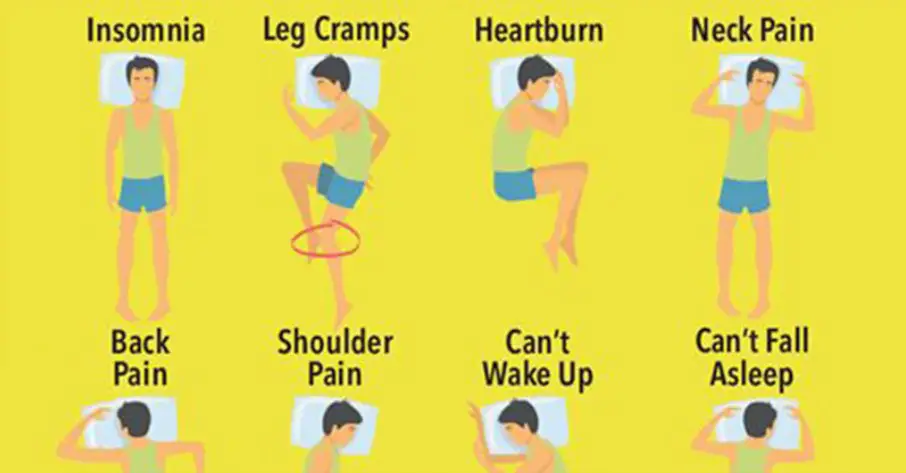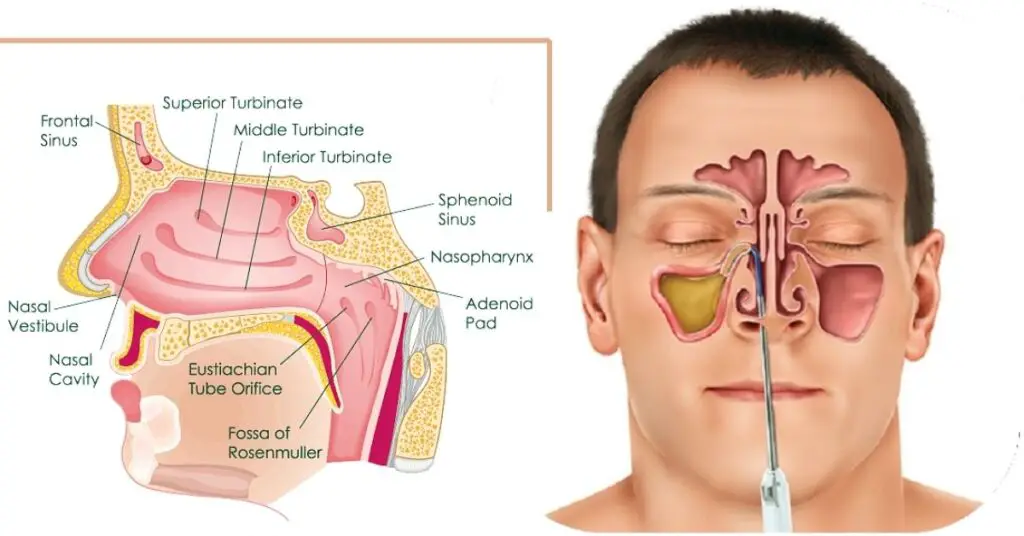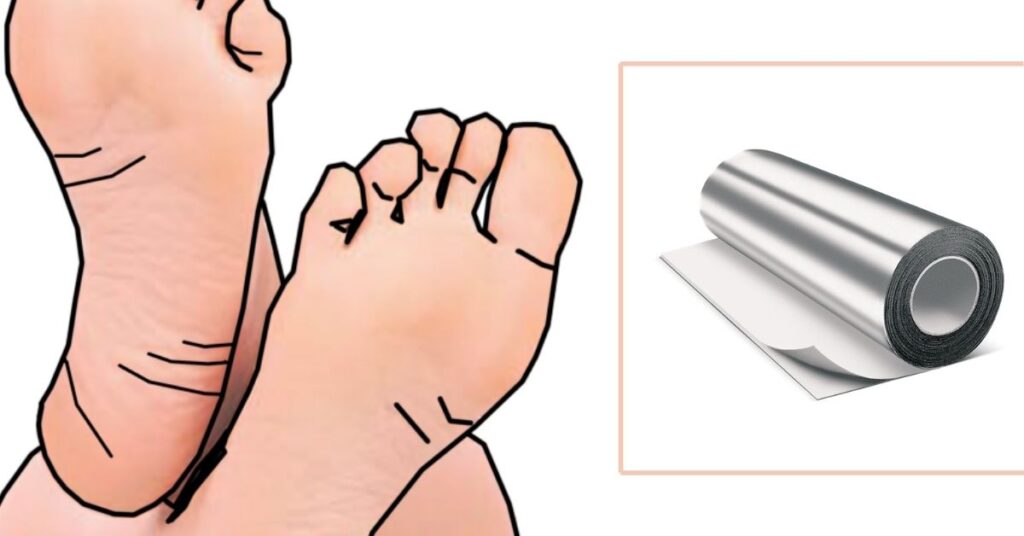According to scientists, changing a sleeping position can help treat numerous health issues. Getting a good night sleep is of utter importance and it can seriously improve our life quality.
Nowadays, poor sleep is a common health issue. Most people sleep less than the recommended 8 hours of sleep, which are necessary for the proper functioning of the body. Scientists believe that changing the sleeping position, the room temperature, or the pillow can improve your sleep.
If you sleep in the wrong sleeping position, you may experience:
1. Shoulder pain
If you have shoulder pain when you wake up, you should avoid sleeping on the side. Try sleeping on your back and place a pillow beneath your shoulder.
2. Neck pain
If you have neck pain, it means that you should change your pillow. We should change our pillow every two years.
3. Back pain
If you have back pain, here are some sleeping positions that can relieve the pain:
- Stomach: lie on the stomach and place a pillow under the pelvis. It will help relieve back pain.
- Side: lie on your side and place a pillow between the legs.
- Back: lie on the back, place a pillow under the knees, and a rolled towel under the neck.
4. Trouble falling asleep
A late meal, stress, and poor sleeping conditions can affect your sleep quality. Therefore, you should:
- Do exercises in the morning, not before going to bed
- Avoid consuming caffeine before going to bed
- Set up a bedtime routine, such as having a cup of tea, reading a book, and so on.
5. Inability to stay asleep
If you cannot stay asleep, make sure you:
- Do not consume alcohol before going to bed
- Make sure there is an ideal room temperature (between 60° – 70° F).
6. Inability to wake up in the morning
If you have difficulty waking up in the morning, scientists recommend setting up the alarm for the same time every day in the week. In this way, the body will get used to waking up at the same time in the morning.
7. Snoring
Snoring can be caused by alcohol consumption, smoking, body weight, medication use, and nasal congestion. Avoid sleeping on the back and try sleeping on the side.
8. Leg cramps
Dehydration and stress can lead to leg cramps at night. If you have leg cramps, stretch and massage your leg. You can also stand up and try to walk.
To prevent leg cramps, you should consume plenty of water during the day. Moreover, you should also reduce the consumption of alcohol and caffeine.







